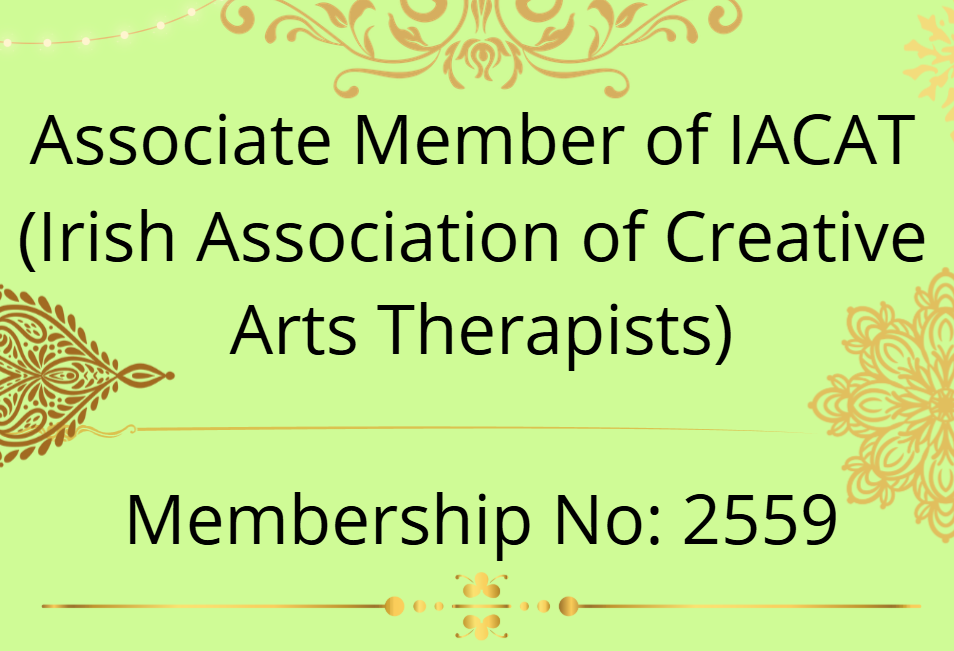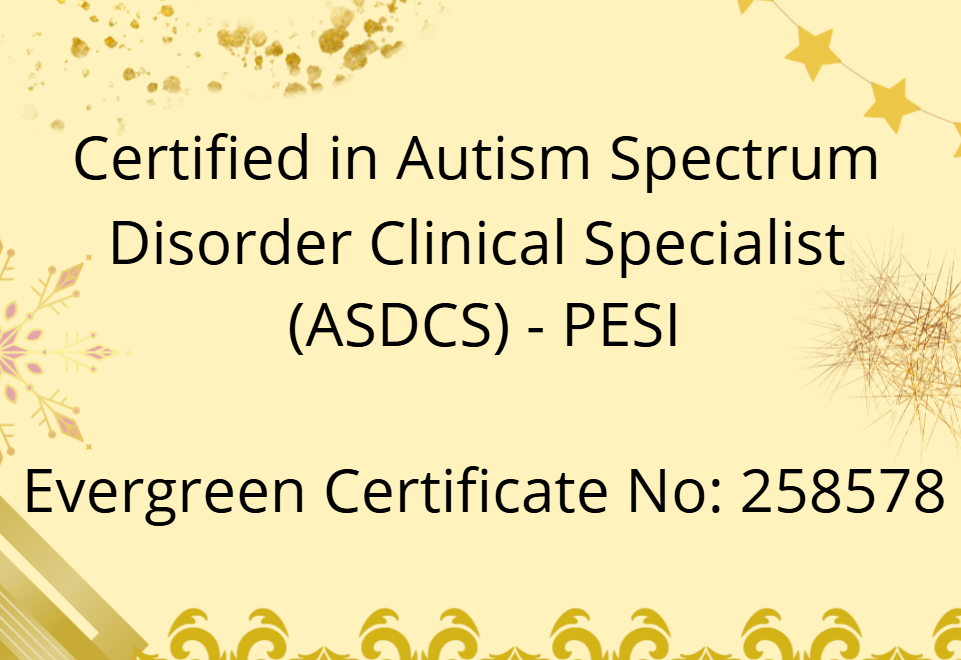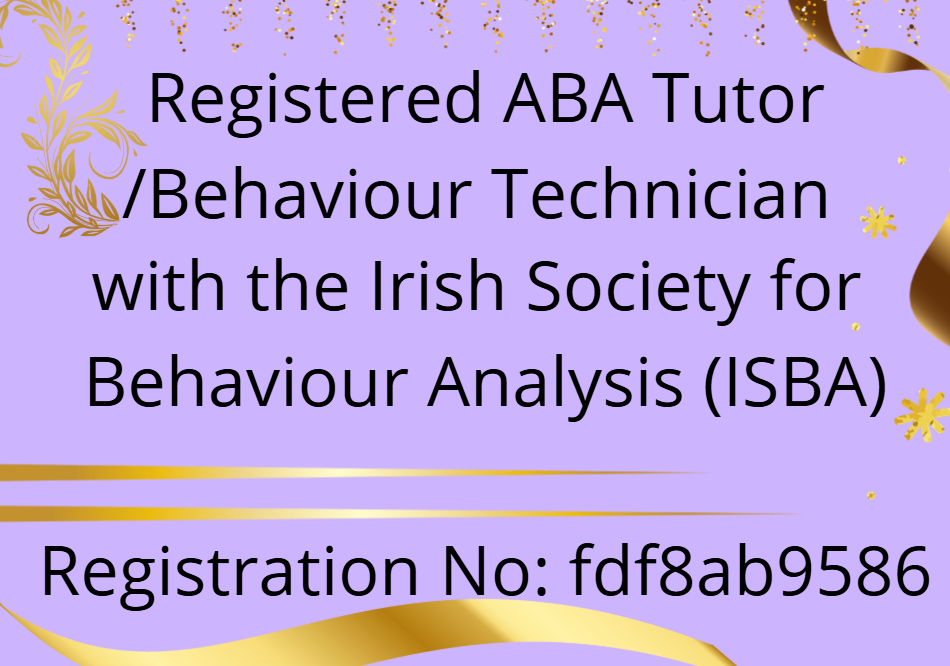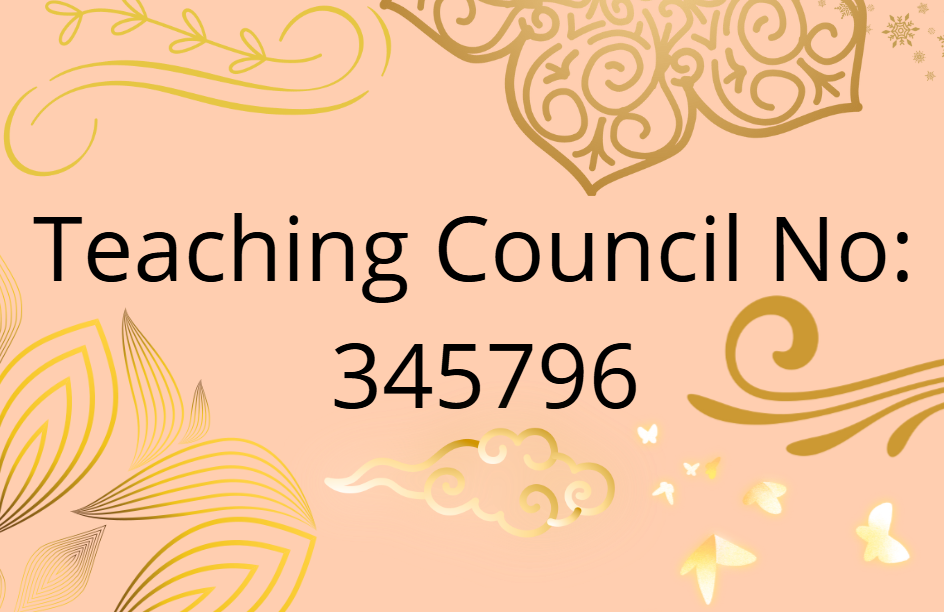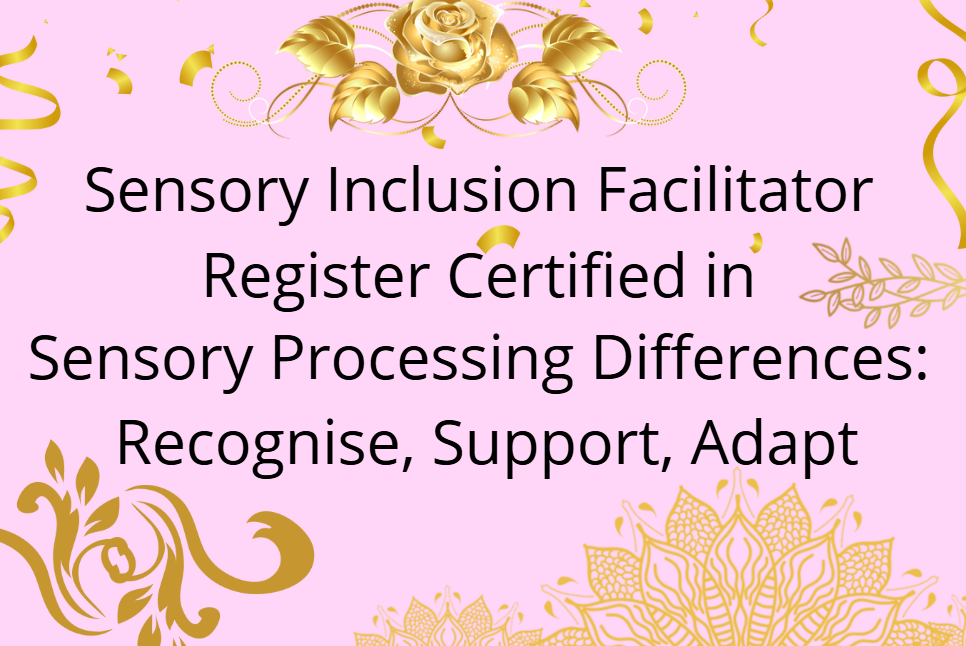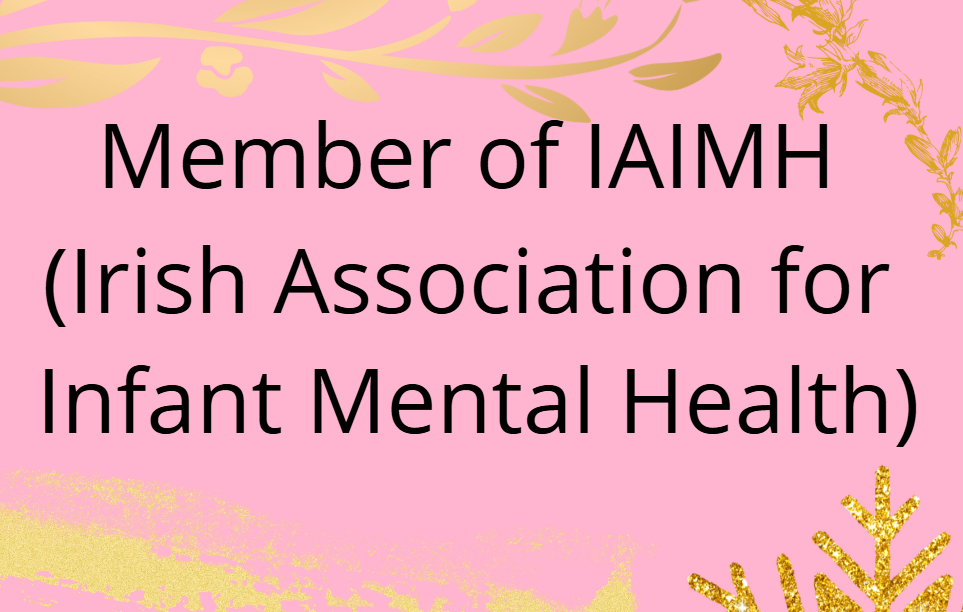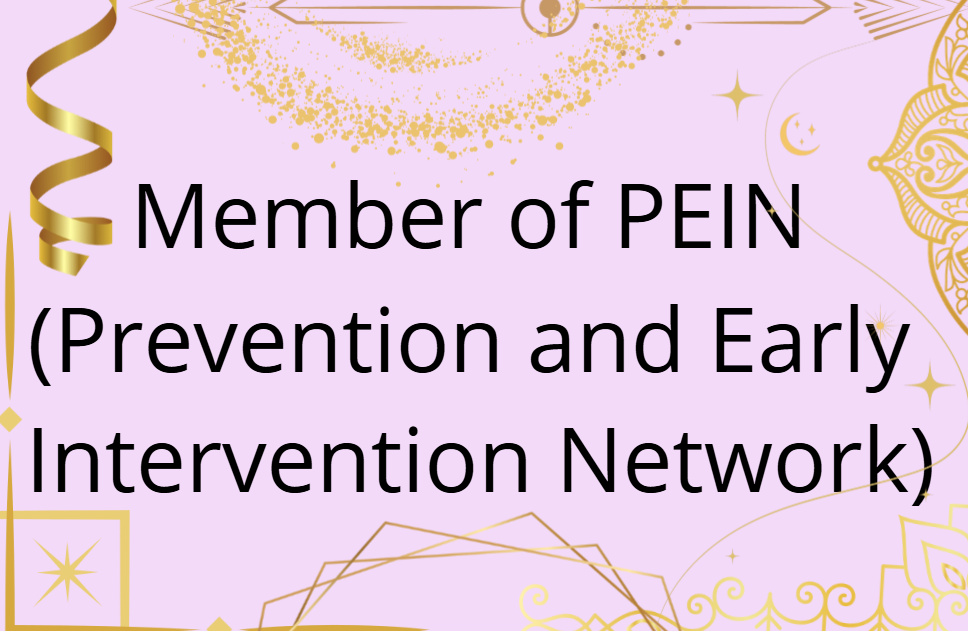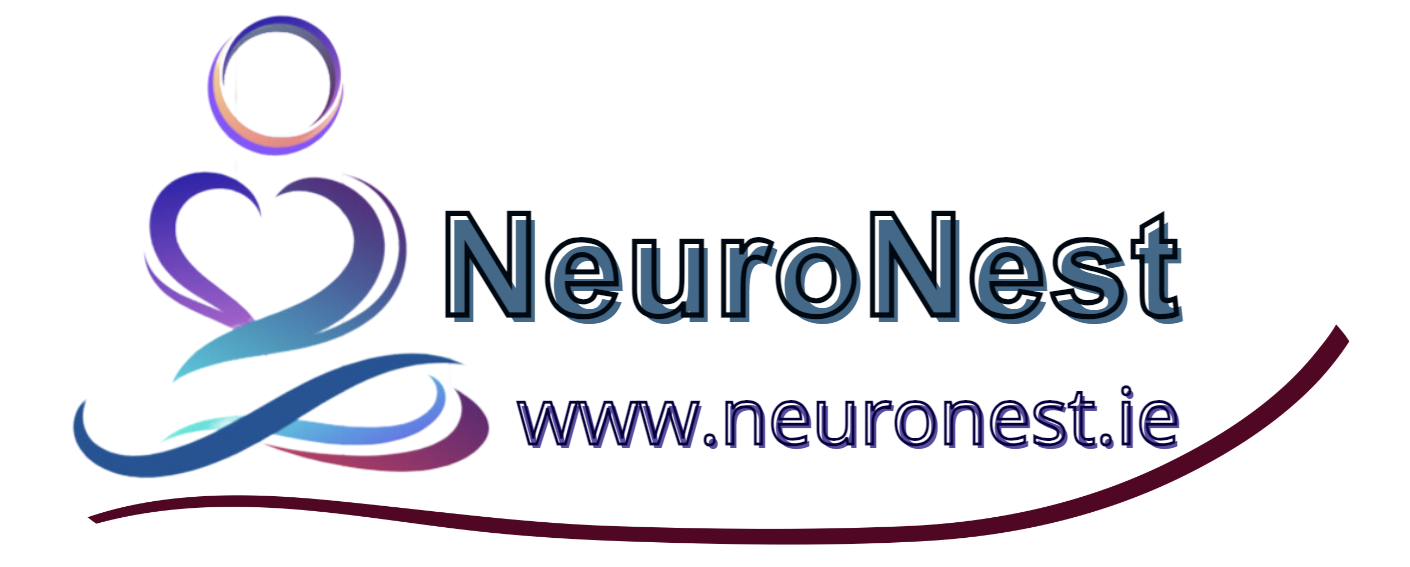What’s Really Going On in a Child’s Brain?
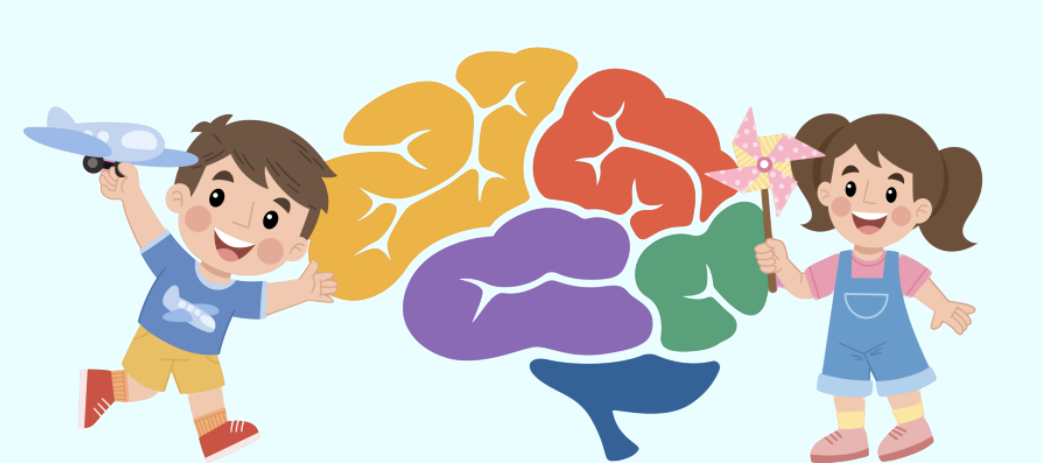
Author: Kristina Rautek Potocnik, BA (Hons) Ed. Rehab., HDip Early Childhood Studies, MA Early Intervention & Inclusion, Cert. Play Therapy | SI | ASD | Reflexes | ABA, ongoing MSc SLT
I finished my first university degree 18 years ago. It gave me strong knowledge in theory – I learned about child development, education, psychology, and special needs. But after many years of working with children, I began to feel that something was missing.
Why are more and more children being diagnosed with conditions like ADHD, autism, dyslexia, sensory processing difficulties, or emotional and behavioural challenges? Why do some therapies and school supports work for some children – but not for others? Why do some children seem very advanced in one area and very delayed in another?
I couldn’t ignore these questions. So I started searching. Over the years, I completed more training – certificates, diplomas, short courses, postgraduate programmes like MAs and MScs. I went deeper into the areas of early intervention, neurodevelopment, inclusion, therapeutic play, ABA, sensory integration, and communication. I repeated some programmes several times – not because I didn’t understand them the first time, but because science changes. What we believe today may be different next year. And children change too. That’s why I believe strongly in lifelong learning.
A few years ago, during one of my later trainings, I came across the name Dr. Robert Melillo. I had never heard of him before, but something about his approach caught my attention. I became curious and started reading his books – Disconnected Kids and Reconnected Kids. Later on, I attended his seminars to learn more. And I can honestly say: it changed how I think about children, how I understand their behaviour, and how I support them in my work.
Dr. Melillo talks about many different conditions – not only ADHD, but also autism, dyslexia, Asperger’s, sensory issues, OCD, Tourette’s, behavioural challenges, and emotional imbalance. Instead of putting a label on the child and focusing only on symptoms, he focuses on the brain. And especially on something called functional disconnection.
Functional disconnection means that one side of the brain is developing faster than the other. When the two sides of the brain are out of balance, they can’t communicate properly. This affects attention, emotions, movement, learning, speech, and even behaviour. But the most important thing is this: the brain is not damaged. There is no injury. It’s not “broken.” It’s simply developing unevenly.
This made so much sense to me. It helped explain what I was seeing in practice – children who were brilliant at puzzles but couldn’t speak clearly… children who were kind and funny but had sudden outbursts or strong fears… children who looked “fine” on paper but were struggling quietly inside.
At university, I was mostly taught that these conditions were genetic or chemical problems. That they were lifelong. That medication was often the best option. But this view never gave the full picture. And it didn’t offer hope – just management.
What I’ve learned through Melillo’s books and seminars is completely different. He explains that many of these challenges are neurodevelopmental, and that the brain can change – through movement, play, sensory stimulation, nutrition, and personalised exercises. His approach is based on neuroscience, epigenetics, and brain plasticity. And most importantly – it’s not only for specialists. Parents, teachers, and caregivers can all be part of this journey.
One of the strongest messages I took from Melillo’s work is that we can’t support a child’s brain by only focusing on school performance or behaviour. We must go back to the basics – movement, balance, rhythm, touch, and real-world interaction. Children today are moving less, using screens more, and missing out on many of the sensory experiences their brains need to grow.
He also reminds us that development is not always smooth. A child who is eight years old may suddenly show emotional reactions of a three-year-old – not because something is wrong, but because that part of the brain is only now catching up. This is normal. It’s a sign of progress. But many adults see it as “bad behaviour” or “regression” – because we weren’t taught to understand it.
This is why I believe that teachers and early childhood educators also need access to this kind of knowledge. I’ve worked with many excellent professionals who care deeply about children, but who were never trained to understand brain imbalance, sensory development, or functional delays. It’s not their fault. The system doesn’t always keep up with science. But if we want to support every child – especially those who struggle – we all need to keep learning.
I know that not every school or centre has access to full training. That’s why I recommend starting with Melillo’s book Disconnected Kids. It’s written in a way that parents, carers, teachers and professionals can all understand. It includes checklists, exercises, and explanations that help you see the child in front of you differently – not as “difficult” or “slow” but as a child whose brain needs support, connection and time.
The children we work with today are growing up in a world that is very different from when we were young. Their challenges are different. So our understanding – and our methods – must also be different.
As a parent, teacher, therapist or professional – it’s okay if you don’t have all the answers. What matters is that you keep asking questions. That you stay open. That you keep learning. Because when we understand the brain, we don’t just see problems. We see potential.
And sometimes, one book, one idea, or one training can open a new door – not just for a child, but for everyone around them.
Latest Posts
- How children make sense of the world through their senses
- How your baby learns about the world through their senses
- Helping your child grow stronger through movement and play
- Understanding How Early Intervention Helps Children Learn, Move, and Connect
- How to Recognise Tactile Defensiveness and Help Your Child Feel Safe
- Understanding Feeding Challenges and How to Support Your Child at Home
- Let’s Talk Sitting: Exploring Floor Seating Options
- Retained Primitive Reflexes: The Hidden Cause Behind Developmental Struggles
- Where Curiosity Blossoms: How Children's Play Nurtures Growth for All
- Helping Your Child Through Stress: A Gentle Guide for Parents
- Sweet Little Lies – How to Recognise and Respond with Care
- Chores Are More Than Just Tasks – They’re a Tool for Growing Independence, Focus, and Confidence
- How to Help Children Develop Emotional Intelligence
- Blending Technology and Care: How VR Meta Quest Supports Children at NeuroNest
- A simple guide for parents who want to raise confident, happy children
- Setting Boundaries with Love: A Simple 3-Step Guide for Parents
- Understanding Behavior Through the Nervous System
- A Compassionate Lens on Dysregulation in Non-Speaking Autistic Individuals
- Supporting Development Through Movement: The Role of the Swing in Early Intervention
- Blending Tradition and Innovation: How NeuroNest Supports Your Child’s Unique Journey
- When Movement Meets Innovation: Supporting Child Development with GoBalance
- Why Visual Perception Matters for Everyday Life and Development
- Benefits of Chess in Early Intervention
- Building Healthy Nutrition from the Start
- A Journey Back to Your True Self
- Supporting Your Child’s Hand Skills for Confident Writing
- Blending the Best of Both Worlds
- Helping Toddlers Eat Well: A Parent’s Guide
- Why Tummy Time Matters for Your Baby's Development
- Helping Your Child Build Everyday Independence
- Who Are the Disconnected Kids?
- From First Tries to Automatic Habits: Understanding the Stages of Skill Learning
- Why a Child’s Level of Alertness Matters for Memory and Learning
- Early brain development starts before birth
- Why Slowing Down, Adapting Tasks, and Adding Breaks Helps Children Learn Better
- Why ADHD, Autism, Dyslexia and Other Challenges Need a New Approach
- The surprising power of copying in child development
- Books are more than just language tools—they’re powerful allies in sensory and motor development.
- Rethinking sensory support: moving beyond expensive rooms toward everyday understanding.
- Understanding how fear develops in a child’s brain
- Understanding how an early baby reflex can affect your child’s daily life
- A gentle start into baby development through movement and bonding
- A child-centred, research-informed approach that uses the power of play to support communication, emotional regulation, motor development, and meaningful growth from infancy to twelve years.
Our Partners
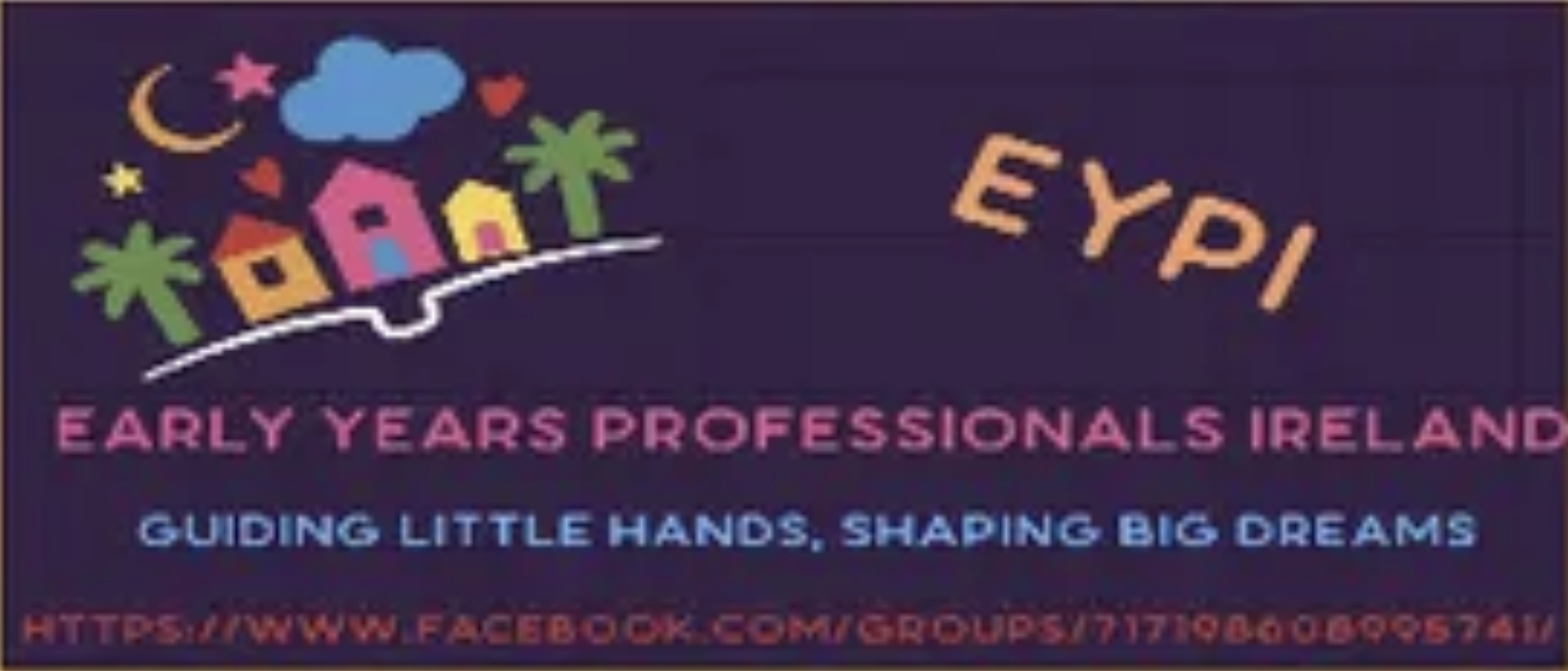
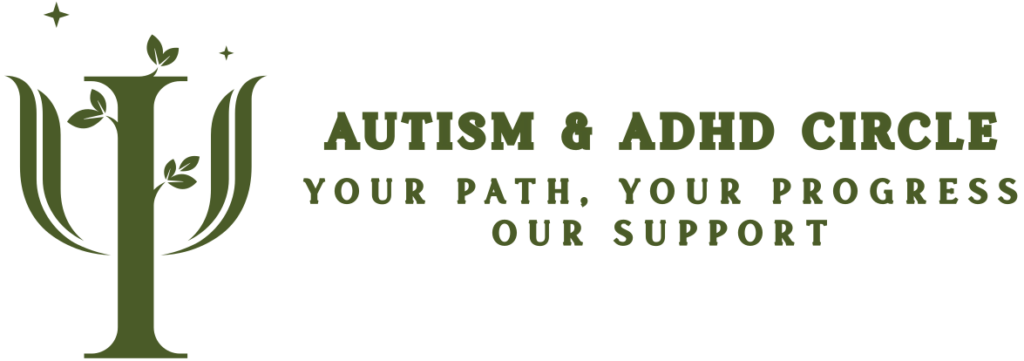

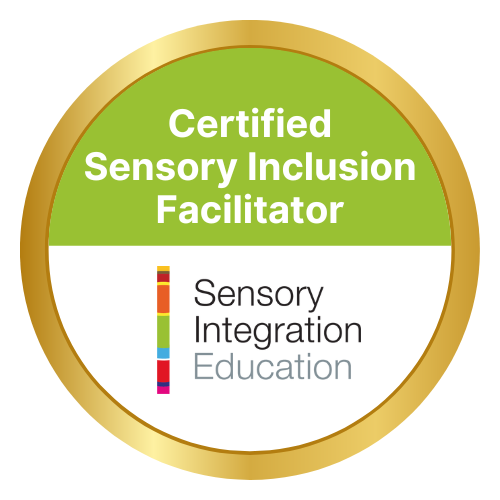
Our Memberships


